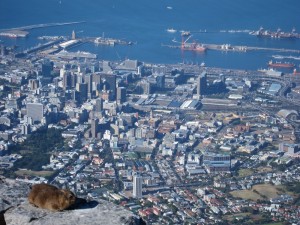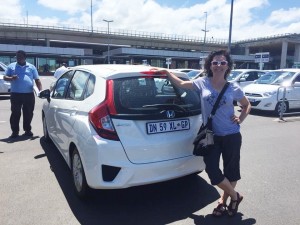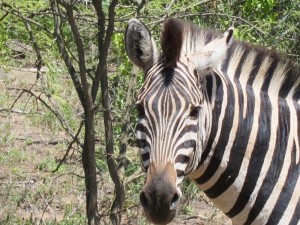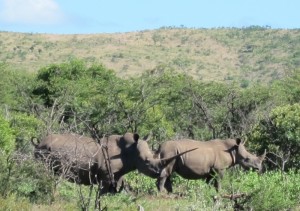South Africa clocked 348,646 visits from American tourists in 2013, and given the lure of a favorable exchange rate, screaming airfare deals, and winery tours and wild animals, there’s probably no chance of those numbers dropping off. South Africans have also gained a reputation as some of the friendliest people in the world, and well worth getting to know better. So, beyond calling a barbecue a “braai” and having enough diversity to warrant 11 official languages, here are a handful of less obvious socio-cultural traits that set inhabitants of the Rainbow Nation apart from their U.S. visitors.
-
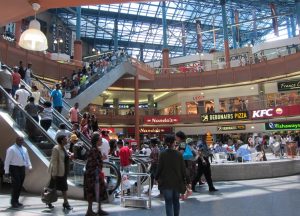
I guarantee that 5 out of every 6 people here ironed today South Africans are committed to ironing their clothes. School uniforms, t-shirts, jeans. Women iron. Young men iron. Everybody irons. Whereas Americans have mastered the art of buying wrinkle-free fabrics, and are willing to risk looking rumpled when they don’t, South Africans still place an immense value on precision pleats.
-
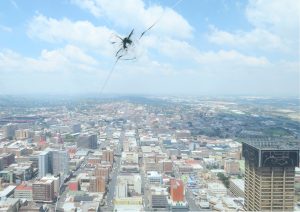
A bullet hole to enhance the view Americans carry guns to exercise their constitutional right. South Africans carry guns because they have a legitimate reason to be concerned for their safety. Regularly featured on lists of countries with the highest murder rates, South Africa is also struggling to contain climbing numbers for armed robberies, burglaries and carjackings. If you’re planning to join the millions of international tourists who visit each year, have a read of these smart safety guidelines issued by the British government so you can be armed with knowledge.
- Unlike the dull walking (or standing, or walking and then standing) style of American protests, when South Africans want to demonstrate, they do a special dance called a “toyi-toyi.” Usually accompanied by music, toyi-toying is a peaceful form of protest, used when the masses want to draw attention to unfavorable government policies or social issues. And in this hilarious step-by-step instructional YouTube video, you can learn to toyi-toyi too.
-
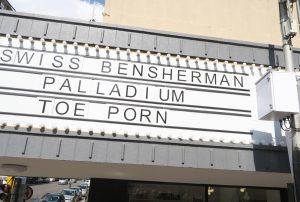
I have absolutely no idea… Despite temperatures that regularly hit 90 degrees Fahrenheit in many parts of South Africa, refrigerating dinner leftovers is considered optional. Americans fret over bacteria to the point of compulsiveness, but South Africans are more cavalier, leaving pots of chicken, rice and veg out overnight without a second thought.
- Founded in California, and purchased by Facebook in 2014, the Internet-reliant, multi-media instant messaging service WhatsApp claims its largest user base in South Africa. So while Americans text away—either enjoying plans with unlimited texting, or free-text utilities like iMessage—South Africans, many of whom rely on pre-paid phone plans that charge for texting, have jumped on board so heavily that they’ve racked up a 78-percent user adoption rate, compared to 8 percent in the United States.
-
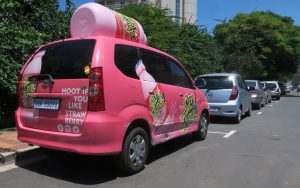
Hoot if you like strawberry! South African motorists allow other drivers to pass them on the highway. In America, signs that read “Keep Right Except to Pass” go largely ignored. In South Africa, not only will drivers move to the shoulder if necessary to allow faster cars by, it’s standard etiquette for the driver who did the passing to flash their hazard lights twice to say thanks, something Americans can only dream about.
For all the South Africans reading this, PLEASE add on! I’d love to hear from you.

